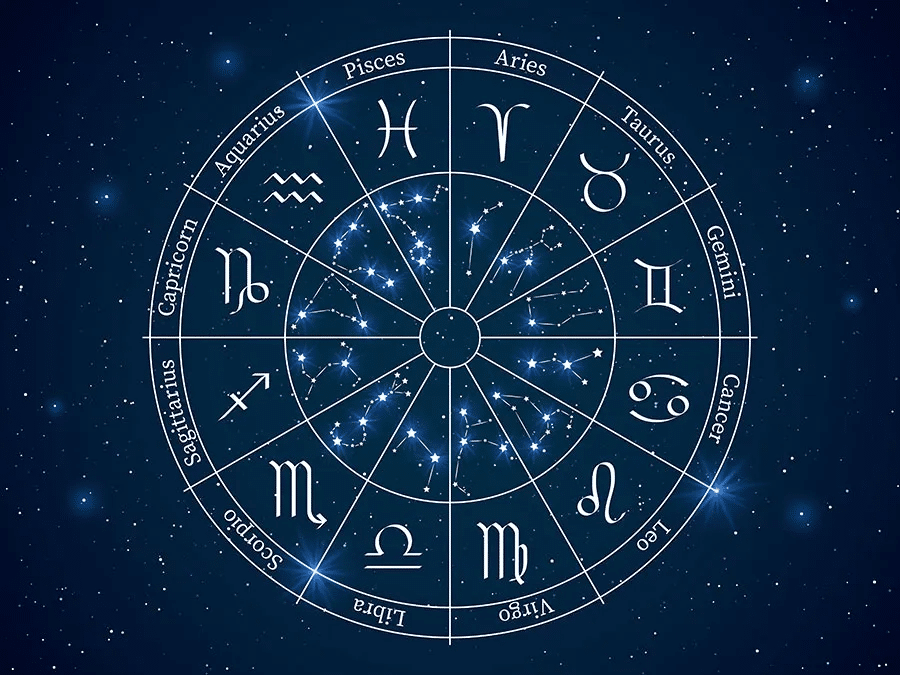Have you ever wondered if a country has any rights over outer space? Well, the answer is no. However, some laws guide what astronauts do in outer space regardless of their country. Overseen by the United Nations Committee on the Peaceful Uses of Outer Space (UNCOPUOS), five international treaties underpin space law. Let’s get right into it.
The Rescue Agreement
What happens when an astronaut has to land urgently in a foreign country? This treaty has made provisions for that. Signatories agree to take all possible actions to help or rescue astronauts in need and, if applicable, return them to the nation from which they launched.
The treaty is called “The Agreement on the Rescue of Astronauts, the Return of Astronauts and the Return of Objects Launched into Outer Space.” Additionally, signatories agree to help return to the sponsoring nation any space objects that land on Earth outside of the country from which they were launched.
The Liability Convention
Many scientific explorations have been carried out in space- and they are still being carried out. What if an astronaut destroys or alters something significant in space? Who is liable for the repairs?
This is called “The Convention on International Liability for Damage Caused by Space Objects.” Signatory countries take full liability for any damage caused by their space objects and agree to standard procedures for adjudicating damage claims.
The Outer Space Treaty
Any astronaut from any nation is an “envoy of mankind,” and signatory states must provide all possible help to astronauts when needed. Furthermore, there is no claim for sovereignty in space; no nation can “own” space, the Moon, or any other body.
This agreement is called the “Treaty on Principles Governing the Activities of States in the Exploration and Use of Outer Space, including the Moon and Other Celestial Bodies.” The treaty is the foundation of international space law for signatory nations (108 in 2019).
The Moon Treaty
The Moon treaty is called “The Agreement Governing the Activities of States on the Moon and Other Celestial Bodies.” The Agreement states that celestial bodies can only be used for peaceful purposes and should not be contaminated. Interestingly, the United States is not a signatory.
It implies that the UN should always be made aware of any station on a non-Earth body and that if resource mining on the Moon becomes feasible, an international regime must be established to govern how those resources are obtained and used.
The Registration Convention
With the frequency of space travels over recent years, it wouldn’t be surprising if scientists had no idea of the number of space objects entering space. However, there is a treaty that makes that nearly impossible.
The registration convention is “The Convention on Registration of Objects Launched into Outer Space.” The Convention authorizes the UN Secretary-General to maintain a register of all space objects by expanding a space object register.






